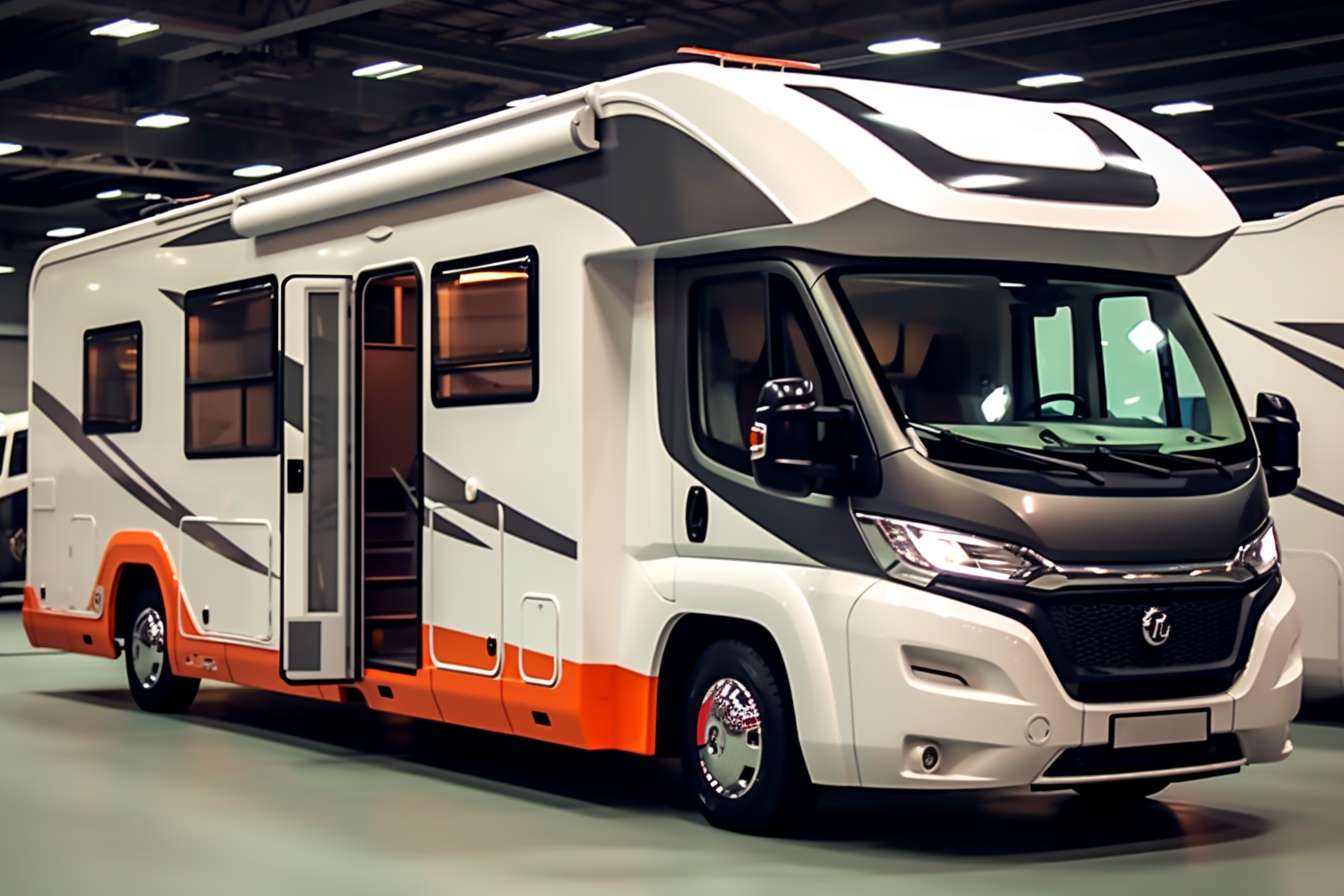RV Campers and Motorhomes: A Comprehensive Guide to Mobile Living Options
RV campers provide a versatile way to travel, combining transportation and accommodation in one. They come in different sizes and layouts, from compact towable models to spacious motorhomes. Learn how RV campers offer flexibility, comfort, and convenience for road trips and outdoor adventures.

Different Types of RV Campers Explained
RV campers come in several distinct categories. Class A motorhomes are the largest, built on commercial truck chassis and offering expansive living spaces. Class B motorhomes, or campervans, provide a more compact option built on van chassis. Class C motorhomes combine features of both, with an over-cab sleeping area. Travel trailers and fifth wheels require a separate tow vehicle but offer significant living space and varying amenities.
Essential Features of Modern RV Campers
Modern RVs incorporate numerous amenities to enhance the camping experience. Standard features typically include kitchen facilities with refrigerators and stovetops, bathroom facilities with showers, sleeping quarters, and living areas. Many newer models offer solar power options, smart technology integration, and energy-efficient appliances. Storage solutions, climate control systems, and entertainment options vary by model and class.
Understanding RV Camper Specifications
When evaluating RV options, several key specifications require attention. Length ranges from 16 feet for small travel trailers to 45 feet for Class A motorhomes. Weight considerations include Gross Vehicle Weight Rating (GVWR) and payload capacity. Fresh water, grey water, and black water tank capacities affect how long you can camp without hookups. Fuel efficiency varies significantly between different types and sizes.
RV Camper Cost Considerations and Options
The investment in an RV varies substantially based on type, size, and features. New motorhomes and trailers represent significant investments with ongoing maintenance costs.
| RV Type | Average New Price Range | Typical Used Price Range |
|---|---|---|
| Class A Motorhome | $60,000 - $200,000+ | $35,000 - $100,000 |
| Class B Motorhome | $80,000 - $150,000 | $40,000 - $90,000 |
| Class C Motorhome | $50,000 - $100,000 | $25,000 - $70,000 |
| Travel Trailer | $20,000 - $50,000 | $10,000 - $30,000 |
| Fifth Wheel | $25,000 - $75,000 | $15,000 - $45,000 |
Prices, rates, or cost estimates mentioned in this article are based on the latest available information but may change over time. Independent research is advised before making financial decisions.
Travel Convenience Features in Modern RVs
RV travel offers unique conveniences for both short trips and extended journeys. Modern amenities like automatic leveling systems, backup cameras, and slide-outs enhance ease of use. Many newer models feature smart home technology integration, allowing remote monitoring and control of various systems. Built-in generators, solar panels, and improved battery systems provide greater energy independence while camping.
Maintenance and Care Requirements
Regular maintenance ensures optimal RV performance and longevity. Essential tasks include checking and maintaining roof seals, testing appliances and systems, inspecting tires, and winterizing when necessary. Professional service is recommended for complex systems like engines, transmissions, and slide-out mechanisms. Understanding maintenance schedules and requirements helps protect the investment and ensures reliable operation.
RVs and campers continue to evolve with technological advances and changing travel preferences. Whether choosing a compact travel trailer or luxury motorhome, understanding the options, features, and requirements helps ensure a satisfying mobile living experience. Consider personal travel style, storage needs, and budget when selecting an RV to match specific requirements and expectations.




